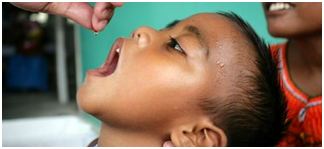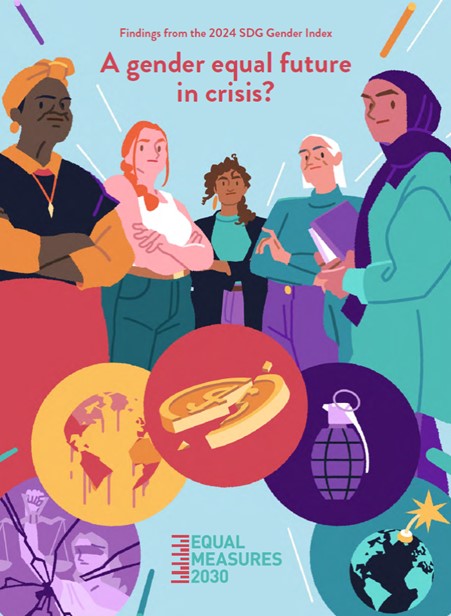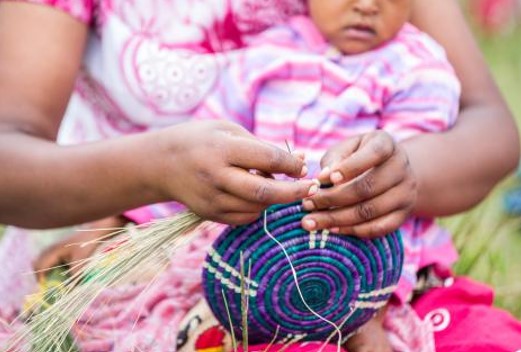Experts of the Committee on the Elimination of Discrimination against Women Praise Cuba’s High Percentage of Women in Parliament, Ask about Measures to Address Sex Trafficking and Reduce the Burden of Unpaid Care Work
The Committee on the Elimination of Discrimination against Women today considered the ninth periodic report of Cuba, with Committee Experts praising the State’s high percentage of women in Parliament, and asking about measures to protect women and girls from sex trafficking and reduce the burden of unpaid care work on women. Committee Experts also discussed the impact that the United States’ economic blockade had on Cuban women’s rights.
A Committee Expert welcomed that Cuba currently had one of the highest rates of female participation in Parliament worldwide.
Rhoda Reddock, Committee Expert and Rapporteur for Cuba, raised the issue of the economic blockade on Cuba by the United States, which she said was estimated to have cost Cuba a significant percentage of its gross domestic product. Had the State party had been able to address all the challenges that came with the blockade?
One Committee Expert said there were concerning reports of sexual abuse of girls in the tourism industry and of criminalisation of women victims of sex trafficking. When would the State party adopt a comprehensive law on trafficking with clear provisions on prevention and reparation for victims?
Another Expert said women spent twice as much time doing domestic and care work compared to men, and there had been successive cuts to social care programmes. How did the State party intend to sustain these programmes?
Introducing the report, Inés María Chapman Waugh, Deputy Prime Minister of Cuba and head of the delegation, said women accounted for 56 per cent of members of Cuba’s Parliament, the second highest percentage in the world. Around 80 per cent of judges in the judiciary were women; eight in every 10 prosecutors were women; and women made up 60 per cent of university graduates. The State also had a high representation of women in its science and technology sector, she noted.
Ms. Chapman Waugh said the United States’ financial blockage against Cuba was a flagrant violation of the rights of Cubans and it had disproportionately affected women. It had led to devastating shortages in medication, food and energy. Progress in distributing the human papilloma virus vaccine, for example, had been hampered by the blockade.
The delegation said Cuba had a zero-tolerance policy regarding all forms of trafficking. Trafficking in persons had been included as a crime in the Criminal Code, as had forced labour. The State did not criminalise women victims of trafficking. Detection and combatting systems were in place in the tourism industry.
The Government was calling for fair distribution of household and care work between men and women, the delegation said. A recent decree on the national care system provided for a more equitable approach to care. The State was training carers to provide formalised care for the aging population and raising awareness about the need for men and women to spend equal time on care duties.
In closing remarks, Ms. Chapman Waugh said Cuba valued the recommendations of the Committee, which would be scrutinised with due rigour. The Government was committed to implementing the Convention and promoting women’s rights. It would do its utmost to achieve its goals in this regard, despite the economic blockade imposed by the United States.
Ana Peláez Narváez, Committee Chair, in concluding remarks, said that the Committee commended Cuba for its efforts and called on the State party to implement the Committee’s recommendations for better implementation of the Convention for the benefit of all women and girls in the State.
The delegation of Cuba consisted of representatives from the National Assembly of People’s Power; Ministry of Justice; National Secretariat of the Federation of Cuban Women; Ministry of Education; University of Havana; Ministry of Foreign Affairs; and the Permanent Mission of Cuba to the United Nations Office at Geneva.
The Committee will issue the concluding observations on the report of Cuba at the end of its eighty-ninth session on 25 October. All documents relating to the Committee’s work, including reports submitted by States parties, can be found on the session’s webpage. Meeting summary releases can be found here. The webcast of the Committee’s public meetings can be accessed via the UN Web TV webpage.
The Committee will next meet in public at 10 a.m. on Monday, 21 October toconsider the fifth periodic report of Benin (CEDAW/C/BEN/5).
More…
18 October 2024



